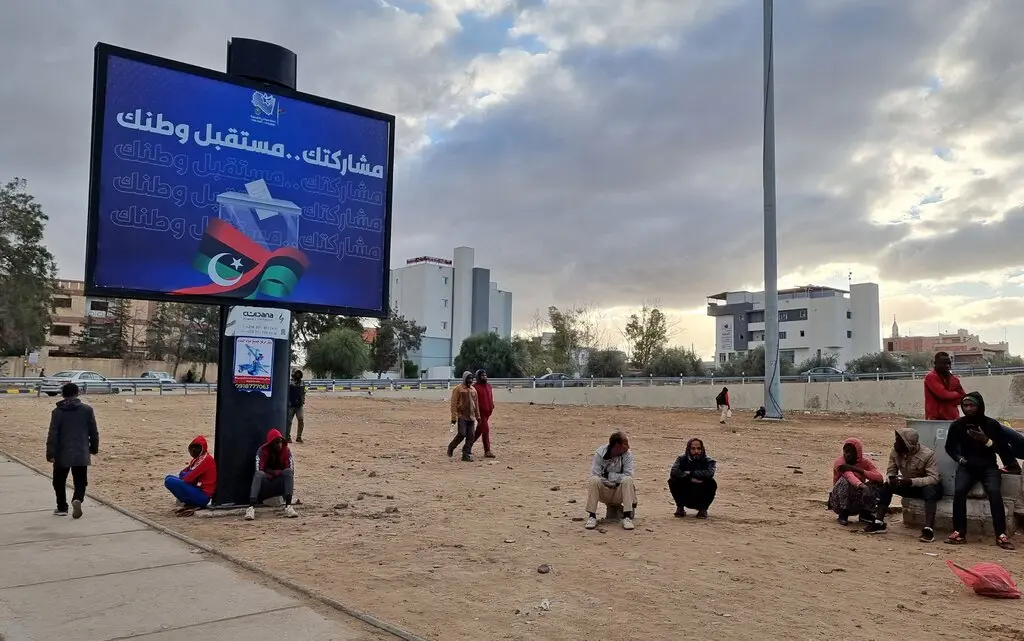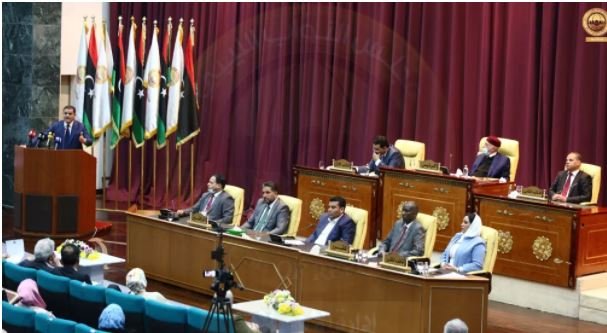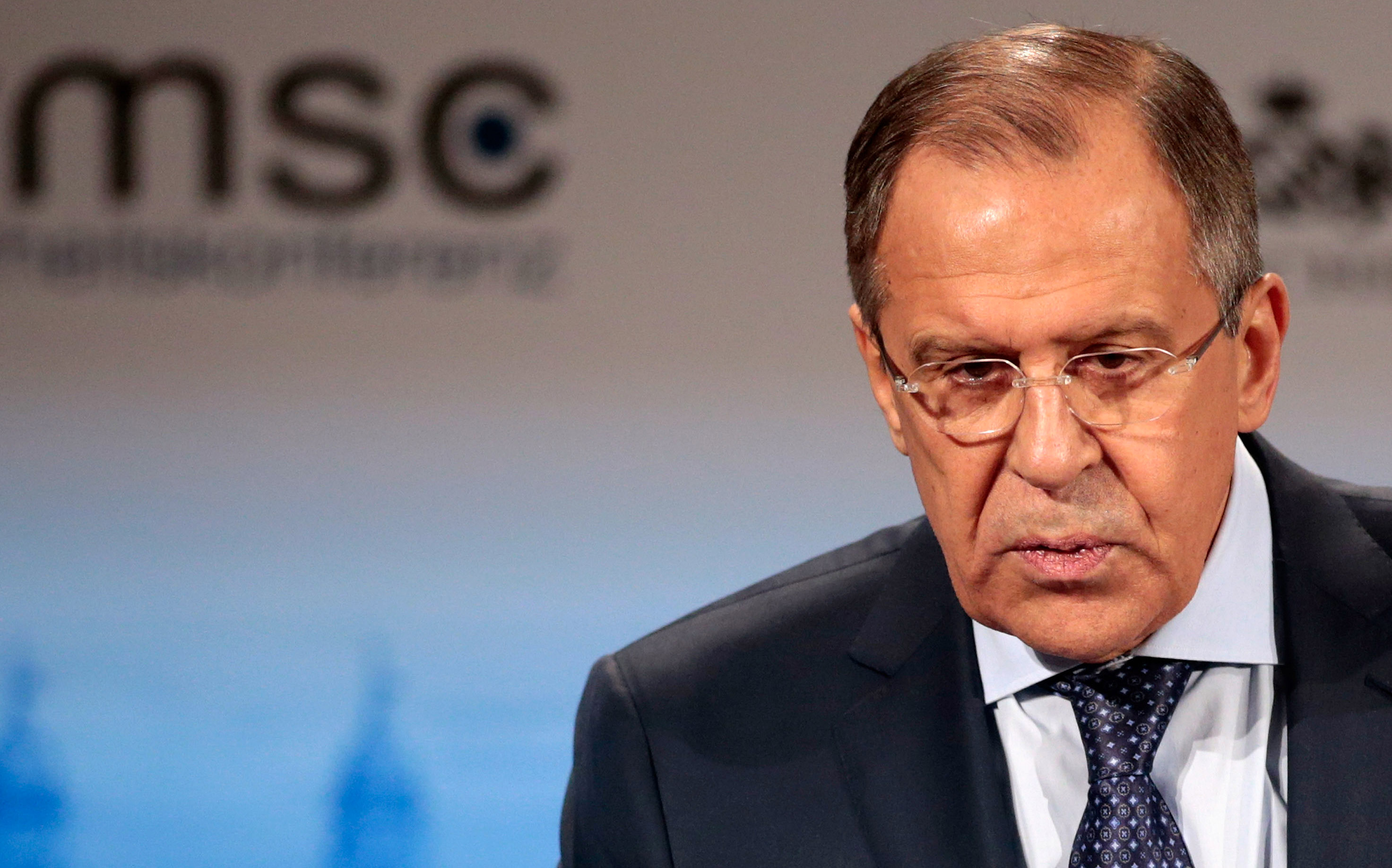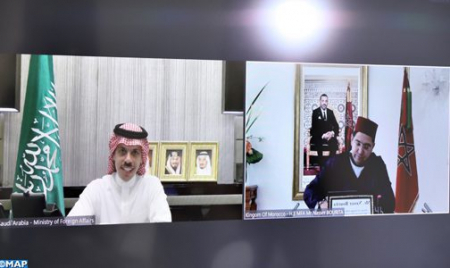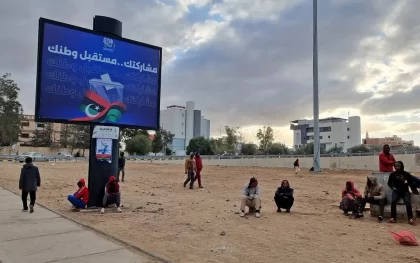 With two days to go, many Libyan officials agree that the presidential election, which is supposed to mark the end of a laborious transition process, could not take place on December 24, mainly because of the lack of an official list of candidates and persistent disagreements between rival camps over the legal basis for the vote.
With two days to go, many Libyan officials agree that the presidential election, which is supposed to mark the end of a laborious transition process, could not take place on December 24, mainly because of the lack of an official list of candidates and persistent disagreements between rival camps over the legal basis for the vote.
But no institution seems willing to take responsibility for formalizing such a postponement, with the High Electoral Commission (HNEC) and the contentious Tobruk-based parliament each believing that it is up to the other to do so.
Acknowledging the impasse, 17 presidential candidates implicitly admitted that the vote would be postponed and asked the HNEC to explain “why there will not be an election on the scheduled date,” according to a statement read to the press by their spokesperson.
The spokesman, Abdelhakim Abdellah Swihel, further called on HNEC to “publish the final list of candidates for the presidential election.
Libya has been trying to emerge from a decade of chaos since the fall of Muammar Gaddafi’s regime in 2011, marked in recent years by the existence of rival powers in the east and west of the country.
The main figures running for president are Gaddafi’s youngest son Seif al-Islam, eastern strongman Marshal Khalifa Haftar, and the current prime minister, businessman Abdelhamid Dbeibah.
